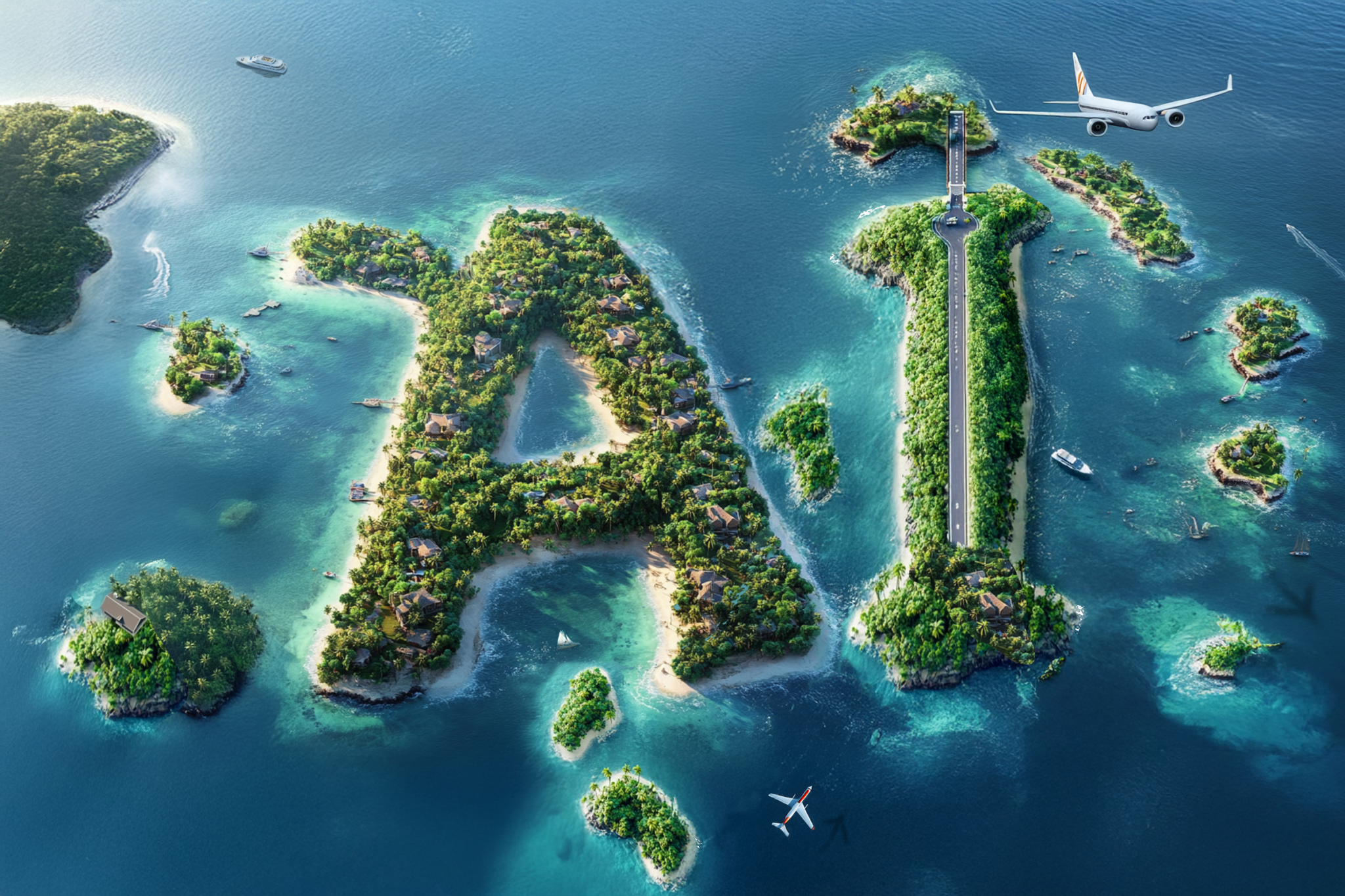How Two Little Letters Made Anguilla into a Hidden Caribbean Goldmine

Skift Take
The year was 1985. Ronald Reagan and Mikhail Gorbachev led the world’s superpowers. Madonna and Duran Duran topped the pop charts. The smell of neon and capitalism was in the air.
While yuppies and suburbanites waged backyard cola wars, a small group of computer scientists worked diligently, creating the infrastructure for the first wave of a technological revolution that would soon change the world: the internet.
In university labs and corporate research centers, they laid the groundwork for the digital era. They created the syntax for the first URLs – the familiar .com for companies and .edu for schools.
The same was true for nations. At the University of Southern California, the first top-level country domains were assigned. Some will sound very familiar – .us for the United States, .uk for the United Kingdom. For the next 10 years, they digitally indexed the world.
By 1995, they reached the small Caribbean island of Anguilla. It was assigned .ai.
Sun, Sand, and Digital Real EstateIn the years that followed, Anguilla – an overseas British territory that earns the majority of its revenue from tourism – paid little attention to its .ai domain designation. Anguilla was a sun, sea, and sand travel destination, not a tech hub.
But nonetheless, every time someone registered a URL with .ai at the end – like google.ai – Anguilla earned $140, with renewals every two years. And each little bit of extra money helped.
In 2017, Hurricane Irma – a monster Category 5 storm that directly hit the island – left Anguilla in ruins. Approximately 90% of Anguilla’s GDP was wiped out as a result. The tourism industry shrank by another 25% the following year.
But Irma was only a taste of the devastation that awaited in 2020. The Covid-19 pandemic economically decimated Anguilla yet again, effectively crashing the travel sector and freezing the tourism industry. By the time the worst of the pandemic passed in 2021, Anguilla faced a new reality: a budget shortfall of $100 million.
To keep the country afloat, the government introduced new taxes to generate much-needed cash. Local residents, especially monied expats who had moved to Anguilla for its tax advantages, grew frustrated.
“Part of the reason I came here is because it was such a tax haven,” one Anguillan expat, who had moved to the island in 1994, said plainly. “If I was going to make a lot

